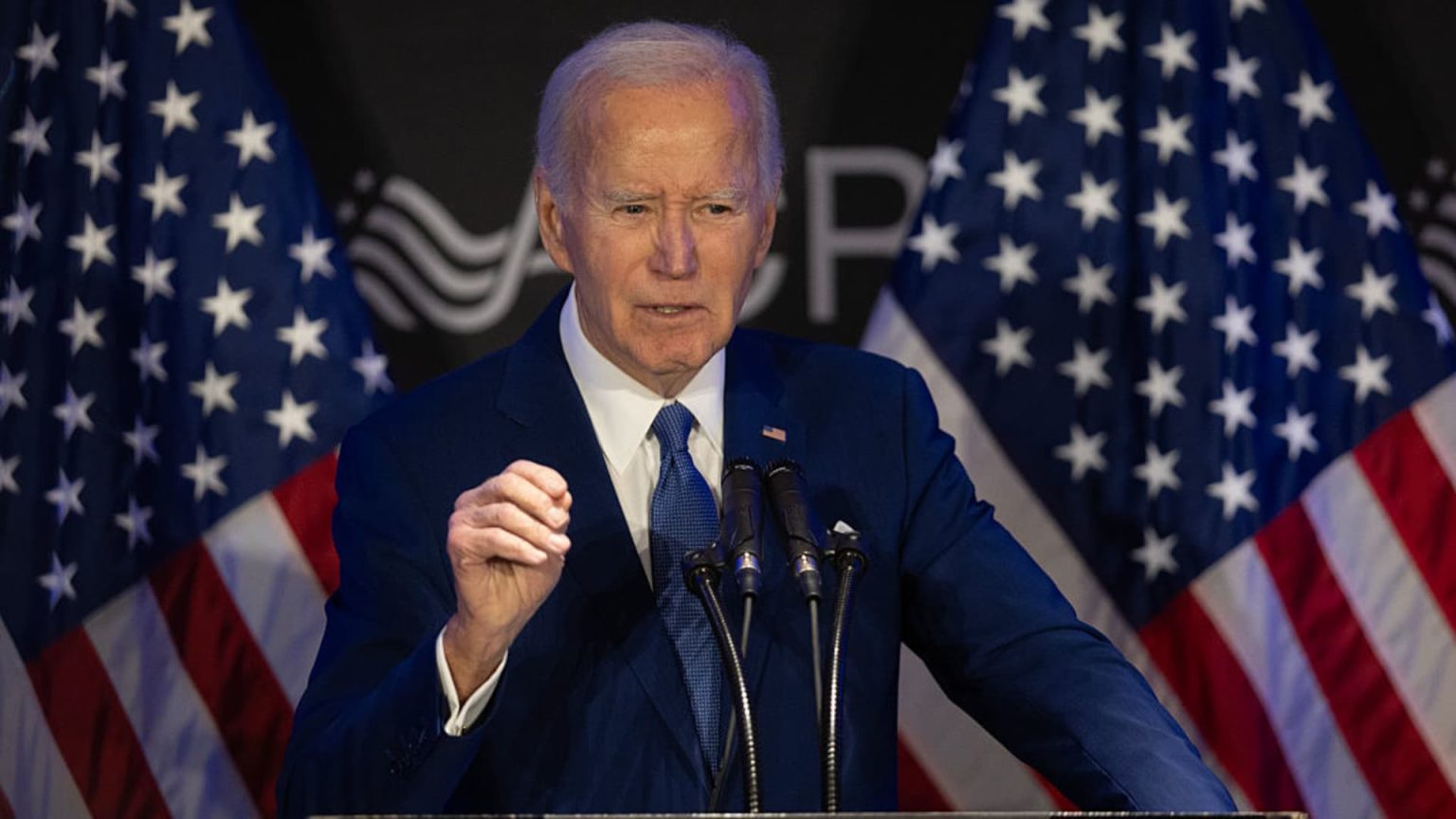In a recent turn of events that has reignited questions about the cognitive fitness of former President Joe Biden, newly released audio from a special counsel interview reveals significant memory lapses during questioning. This recording, part of an investigation into Biden’s retention of classified documents, shows him struggling to recall the year of his son’s death—a detail that his aides previously insisted he had not forgotten. As the audio gains traction, it raises deeper concerns among Democrats about potential attempts to obscure the president’s mental decline and reflects on the broader implications for his political future.
| Article Subheadings |
|---|
| 1) Release of Audio and Its Implications |
| 2) Biden’s Interview Context |
| 3) Responses from Political Allies and Opponents |
| 4) The Legal Battle Over the Audio |
| 5) Analysis of Biden’s Public Image |
Release of Audio and Its Implications
The release of audio from the special counsel’s investigation into Joe Biden has generated widespread debate regarding the president’s cognitive abilities. This audio, part of a lengthy interview conducted by Special Counsel Robert Hur, features Biden struggling to remember critical facts, including the death year of his son, Beau, who passed away from brain cancer. The significance of this revelation cannot be overstated; it has led to accusations of an attempted cover-up from within his party, as many party members had previously downplayed concerns over Biden’s mental acuity. The Democratic party faces a tough battle ahead, as debates emerge about the potential impact this could have on the upcoming elections.
Biden’s Interview Context
The interviews conducted in October 2023 were prompted by the investigation into Biden’s handling of classified documents from his time as vice president. Over two days, Biden underwent more than five hours of questioning, during which Hur classified him as an “elderly man with a poor memory” in his final report. This tag, especially when tied to his cognitive performance during interviews, raised serious concerns not only about Biden’s current state but also about whether such cognitive issues played a role in the Democrats’ performance during the 2024 elections. The interview’s framing significantly influenced perceptions of his capabilities, both during and after the investigation.
Responses from Political Allies and Opponents
The audio has intensified remarks from both the Democratic party and Republican counterparts. Donald Trump and his allies have pointed to Hur’s findings as evidence of the need for Biden’s cognitive evaluation, framing the situation as indicative of a more significant issue within the administration. Despite this, Biden’s own aides defended him, arguing that such memory lapses are common for many people, especially under the stress of legal questioning.
“He performed well in a difficult interview,”
Biden’s legal team asserted. Nonetheless, doubts raised by this incident coupled with continued public scrutiny place Biden’s leadership capabilities further in question.
The Legal Battle Over the Audio
The legal struggle surrounding the audio has added another layer of complexity to this saga. Originally, the transcript of Biden’s interviews was made public, but the audio was withheld under claims of executive privilege. Various news organizations sought to have the recordings released, contending that the public had a right to access information relevant to a sitting president’s mental fitness. This controversy has not only fueled political arguments but also spotlighted the tensions between freedom of information and the administration’s desire for confidentiality.
Analysis of Biden’s Public Image
Biden’s interviews and their fallout will likely impact public perception moving forward. His performance in a subsequent debate against Trump showcased the concerns surrounding his cognitive abilities, with vulnerabilities exposed during his attempts to articulate thoughts coherently. Following these incidents, the former president stepped back from the 2024 race, and many speculate whether continued scrutiny over Biden’s memory and focus could jeopardize his standing among Democratic constituents. The implications for his public image are profound, especially as party leaders consider strategies for upcoming elections amid growing concerns about his viability as a candidate.
| No. | Key Points |
|---|---|
| 1 | Newly released audio reveals significant memory lapses by Joe Biden during questioning. |
| 2 | The release exacerbates ongoing debates about Biden’s mental fitness ahead of the 2024 elections. |
| 3 | Responses from both Democrats and Republicans highlight a political divide over Biden’s mental acuity. |
| 4 | The Justice Department faced hurdles in resolving the legal battles over the audio’s release. |
| 5 | Biden’s public image is increasingly scrutinized following debates and the memory incident. |
Summary
The unraveling circumstances surrounding former President Joe Biden‘s cognitive performance present a challenging landscape for both him and the Democratic party. With new evidence emerging from the special counsel’s investigation, coupled with existing political tensions, the implications stretch far and wide. As discussions evolve, the potential ramifications of these findings on future elections and Biden’s political legacy remain to be seen.
Frequently Asked Questions
Question: What prompted the special counsel investigation into Biden?
The special counsel investigation was initiated due to the discovery of classified documents from Biden’s time as vice president at his home and office.
Question: How did Biden’s aides respond to concerns about his memory?
Biden’s aides, including the former White House spokesman, insisted that he did not forget critical details, arguing that memory lapses are common during stressful situations.
Question: What legal challenges arose regarding the release of the interview audio?
The audio was initially withheld from public release due to claims of executive privilege, leading to lawsuits from news organizations seeking access to the recordings.


